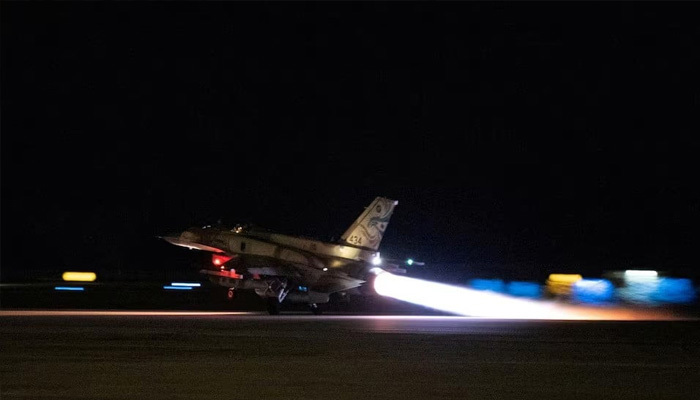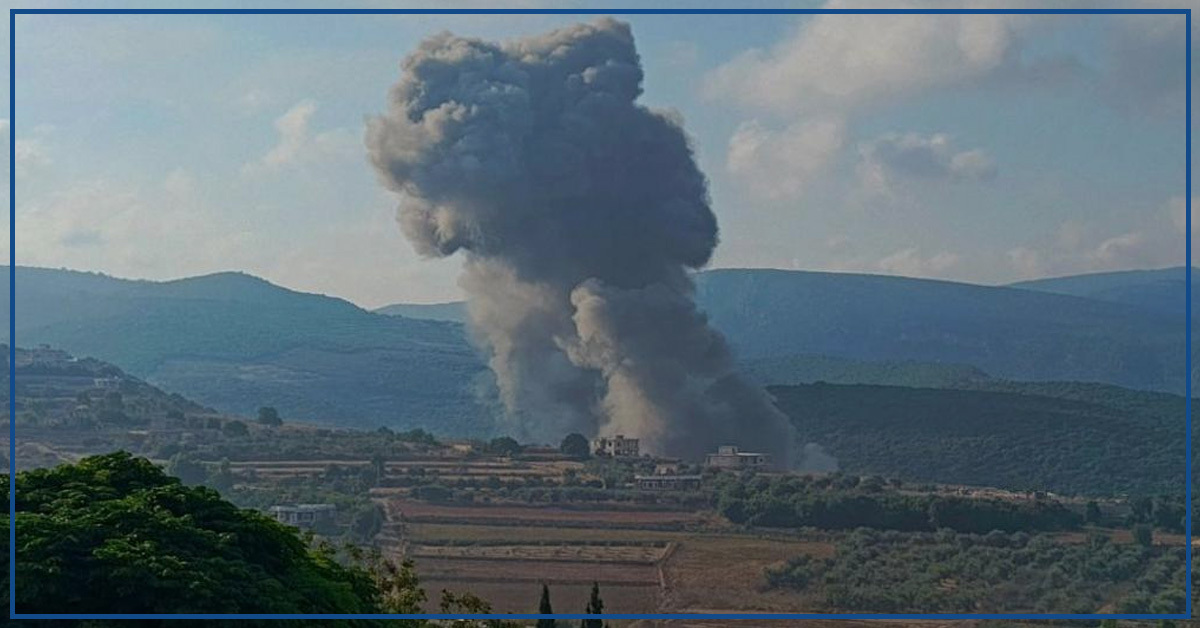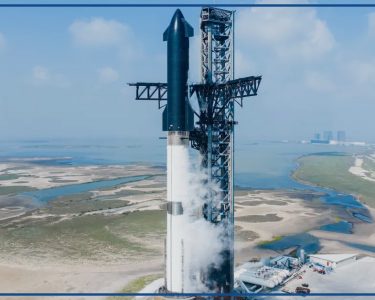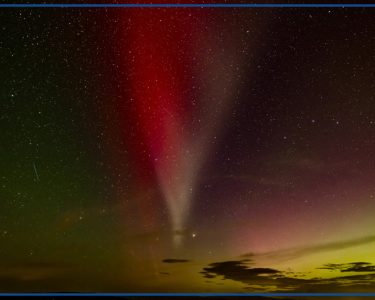Israeli warplanes launched their most intense airstrikes in southern Lebanon late Thursday, marking a significant escalation in the ongoing conflict with Hezbollah. This military action follows international calls for restraint, with the White House stressing the need for a diplomatic solution and the UK advocating for an immediate ceasefire.

The strikes come in the wake of earlier attacks attributed to Israel that targeted Hezbollah’s communications infrastructure, resulting in 37 deaths and around 3,000 injuries in Lebanon. On Thursday evening, the Israeli military reported that its jets hit hundreds of rocket launchers in southern Lebanon, which were ready to fire at Israel. According to Lebanon’s state news agency, over 52 strikes were executed within a two-hour window after 9 PM local time.
Lebanese security sources described these strikes as the heaviest since the conflict began in October, although no immediate casualties were reported. Israel’s military confirmed it had targeted about 100 rocket launchers and other installations throughout the day. In a televised address, Hezbollah leader Hassan Nasrallah condemned the earlier explosions, accusing Israel of violating international law and crossing “all red lines.”
While Israel has not directly commented on the earlier attacks, Lebanese sources speculate Mossad, Israel’s intelligence agency, conducted them. Lebanon’s mission to the UN accused Israel of planting explosives in devices that arrived in Lebanon electronically. The UN Security Council is set to meet to discuss the situation, with Lebanese Prime Minister Najib Mikati urging a strong stance against what he termed Israel’s “aggression.”
As Nasrallah spoke, Israeli jets flew over Beirut, creating loud sonic booms, signaling the heightened tensions. Israeli Defence Minister Yoav Gallant reiterated that military operations against Hezbollah would continue, acknowledging the increasing risks but also potential advantages for Israel.
Israeli Prime Minister Benjamin Netanyahu convened a meeting with key ministers to address the situation, as the Israeli military reported the death of two soldiers in northern Israel. The conflict between Israel and Hezbollah escalated after Hezbollah fired missiles into Israel following Hamas’s cross-border attack on October 7, triggering ongoing exchanges of fire.
Nasrallah expressed that Hezbollah would welcome an Israeli ground invasion of southern Lebanon, seeing it as a “historic opportunity.” He noted that no escalation would enable Israeli civilians to return to border areas. This sentiment was echoed by Iran’s Revolutionary Guards Commander, who warned of a “crushing response” from the coalition of Iran-aligned militant groups.
Meanwhile, US Secretary of State Antony Blinken urged restraint during his remarks in Paris, cautioning against actions that could complicate efforts for a ceasefire in Gaza. The attacks on Hezbollah’s communications systems have instilled widespread fear across Lebanon, prompting people to abandon their electronic devices amid concerns they could contain hidden explosives. Nasrallah claimed thousands of pagers were targeted in simultaneous blasts, affecting public spaces filled with civilians.





